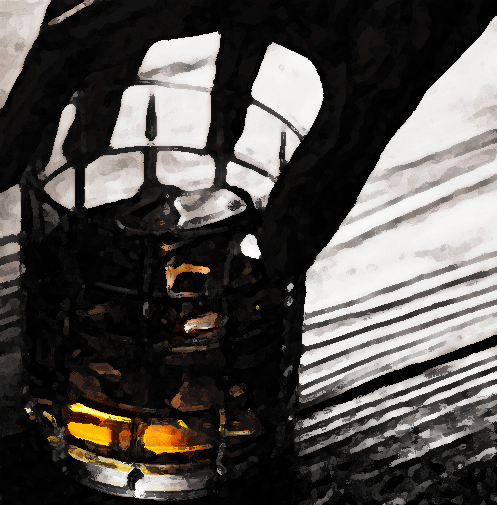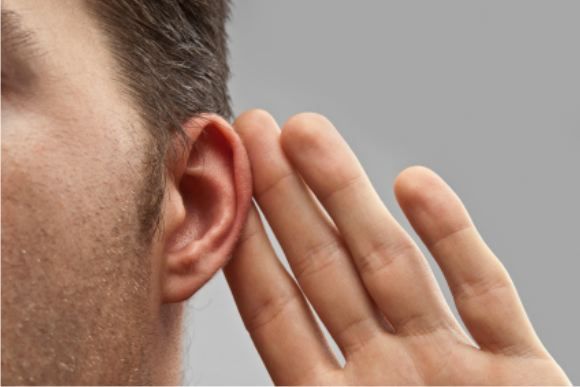
In times past, for those with opiate use disorder who were in treatment in therapeutic community settings, as progress was made and days abstinent from opiates grew, a beer might be allowed by staff, say on a Saturday night, in a supervised and supported fashion. Not in any service I have worked in, but nevertheless true in some settings. For some, it didn’t end well.
As I’m writing the words, I’m thinking of the numerous patients I’ve known who, despite warnings, have relapsed to opiates through drinking alcohol, or who have remained abstinent from opiates and gone on to develop an alcohol use disorder. Unhappy memories.
One reason for this disconnect or blind spot is our tendency to make diagnoses in limited silos like ‘opioid use disorder’ or ‘opiate dependence’ when the vulnerability is to substances (and harmful behaviours). When considered in the light of the neurobiological, trauma-related, learning and genetic evidence on addiction, it makes sense that we think in a broader fashion.
Robert Dupont, an early pioneer of methadone clinics in the USA, makes this point powerfully in the interview that Jason linked to the other day when he began to realise that despite his patients being in a high quality MAT programme, some of them were dying of alcohol dependence. Dr Dupont was forced to reconsider what he thought he knew about addiction. It’s an illuminating podcast.
Opiates & Alcohol
In opioid replacement therapy populations it has been reported that as many as a third of people misuse alcohol, which has all of the usual negative health consequences that alcohol problems bring but is clearly also dangerous because of the risks inherent in mixing depressant drugs. SAMHSA indicates that between a half and two thirds of opiate-dependent individuals are problem drinkers.
In a study from last year, Dr Shannon Kenny and her colleagues explored patient expectations after detox. They looked at 417 patients who had gone through an opiate detox programme. They found that patients often didn’t have any intention of stopping using other substances.
The researchers remind us that use of alcohol, benzos and cocaine at treatment entry into opioid treatment programmes predicts poor outcomes. (Therein lies the problem – if we consider we are only offering opioid treatment to those with polysubstance dependence, then we are not addressing the full picture.)
In their sample, around 50% reported alcohol use recently, nearly half had used cocaine and nearly half had used benzos. About a quarter reported using all three substances. This fits with my clinical experience.

They reference previous research showing that in medication treatment programmes, clients find it ‘too much’ to quit both opioids and other substances at the same time.
In their sample, around half of those undergoing opioid detox did actually intend to quit drinking, but this was much lower for benzos and almost non-existent for cocaine. They state:
Despite near universal intention to quit heroin—our past work has found that 98% of withdrawal patients intend to quit heroin—our results suggest that many people initiating heroin withdrawal management have no expectation of participating in the total abstinence model of recovery.
They conclude that ‘inpatient heroin withdrawal programs need to address and educate patients about how polysubstance use complicates recovery from heroin use.’ I agree, we need to be really clear about what’s going to help people reach their goals and what’s going to stop them dead in their tracks. There is a clear role for harm reduction here, but also, I would argue, for raising the bar on what’s achievable overall.
We can learn from research, but we can also learn from the past.
Important lessons
History promises us important lessons if we sit at her feet and listen carefully to her stories
William White
Bill White looks to experience to give some pointers on drinking in recovery from opioid dependence in an old article from Counselor Magazine.

He details the start of the Therapeutic Community movement (Synanon) when clients in treatment (generally recovering heroin addicts) could gain ‘drinking privileges’.
Sounds progressive. So how did it go?
White relates that alcohol problems grew within Synanon in the 1980s and contributed to Synanon’s eventual implosion as an organisation.
Okay, not so well then, but what about other organisations?
White also reports the experiences in ‘Daytop’ a New York therapeutic community. This time there were safeguards: drinking was only permitted for those with no prior history of alcohol problems. They reasonably assumed that in this group the risk of dependence would be about the same in the general population (6-10%). They also had a policy of non-acceptance of intoxication.
So how did that go?
‘The first signs of problems with the alcohol policy within Daytop and other TCs followed a predictable two-stage pattern. The first stage was the appearance of drinking at social events within the TC community (e.g., staff parties) and at outside professional conferences that exceeded the bounds of social drinking and sparked other inappropriate behaviors. The second was the development of severe alcohol problems (or relapse back to heroin and other drugs while under the influence of alcohol) among some TC staff and graduates.’

Any red flags?
White details some factors reported, but not evidenced, which might predict future problems:
1) A family history of alcohol problems,
2) A history of alcohol problems predating the emergence of another pattern of drug dependence,
3) Co-addiction to alcohol and other drugs prior to entry into treatment,
4) The presence of a co-occurring psychiatric illness,
5) A history of childhood victimization,
6) Later developmental trauma (e.g., loss via death or separation), and
7) Enmeshment in a heavy drinking social network.
When I apply these criteria to the people I typically work with, then there aren’t many left outside the fold.
I know some people in recovery from heroin addiction who drink alcohol, apparently without problems. They are few in number in my experience but they exist. I know many more who have tried to drink in a healthy fashion following opiate detox and treatment who have failed. I believe that the things that make people vulnerable to heroin addiction, also make them vulnerable to alcohol and other substance dependence and that although we cannot precisely quantify the risk, it is significant.
Helping our patients (or clients) make informed choices is a fundamental part of what we do in addiction treatment settings. Addressing the risks around drinking (and using other substances) for those with opiate use disorder needs to be at the heart of our treatment programmes and our programmes need to be designed to tackle addiction, and not be so focussed on single substance use.
The answer to the question – ‘is it okay to drink if you are in recovery from opiate dependence?’, is most likely – no.
